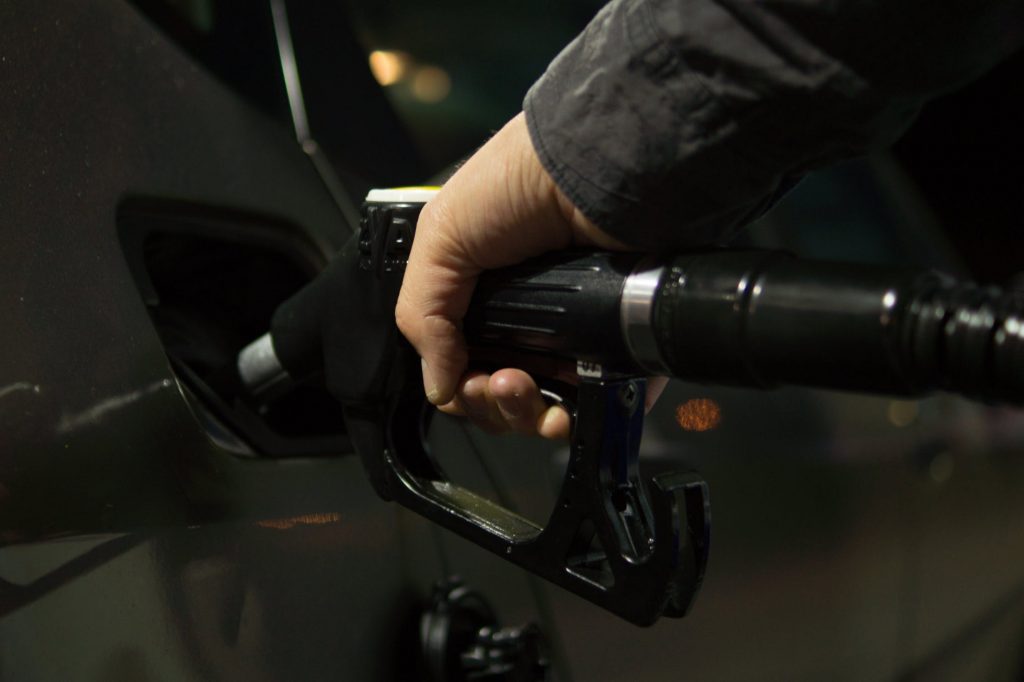Many car owners will have their vehicles serviced to increase fuel efficiency. At the very least, the engine’s oil filter will also be replaced, if a full servicing isn’t in the budget yet. Both will obviously require extra money that may or may not be available.
Fortunately, there are three cheap – and we mean little to no money involved at all – ways of increasing fuel efficiency!
Lighten the Load
The heavier your car is, the harder its engine will work in pulling the load. This isn’t about the factory weight of your car, however, since we’re referring to the extra weight that it’s carrying.
Get rid of everything that shouldn’t be in your car, such as the rubbish of living your life in a car, the things that your children haven’t used in ages, and the sports equipment for next season, among others. The less unnecessary things in your car, the less weight it carries, and the less work the engine makes.
The buildup of dirt, dust and grime on your car’s interior and exterior will also affect its overall weight. You should also consider regular washing of your car, usually as a DIY job, but we also suggest a professional carwash at Mister Car Wash.
Slow Down on Your Speed
Your style of driving will have a huge effect on your car’s fuel efficiency. You should then be mindful of the way your right foot steps on the accelerator, as well as when it does so.
For example, you’re wasting fuel when you’re rushing at full throttle toward the intersection in an effort to beat the red light and then applying the brakes in the last few seconds when the red light goes on. Keep in mind that when you’re applying the brakes, it’s akin to burning money, especially when it’s done suddenly.
Why? Your car burnt fuel to get up to speed but when the brakes are applied suddenly, the speed will be converted to heat – and that means money burnt in fuel.
Instead of sudden braking, try to gradually slow down your speed when approaching an intersection. Your car can then use its engine braking mechanism instead of its actual brakes.
Check the Tire Pressure
Low tire pressure means the tires have a higher rolling resistance on the road that, in turn, will have a negative impact on fuel efficiency. High tire pressure has a similar effect.
Check the right tire pressure, which is shown on the car’s tire pressure placard. Inflate the tires according to the recommended pressure – your local fuel station has an air pump that you can use for this purpose.
Depending on your car’s overall condition, you may expect an increase in fuel efficiency of 5%, and it can increase to 10% if you have your car serviced.
